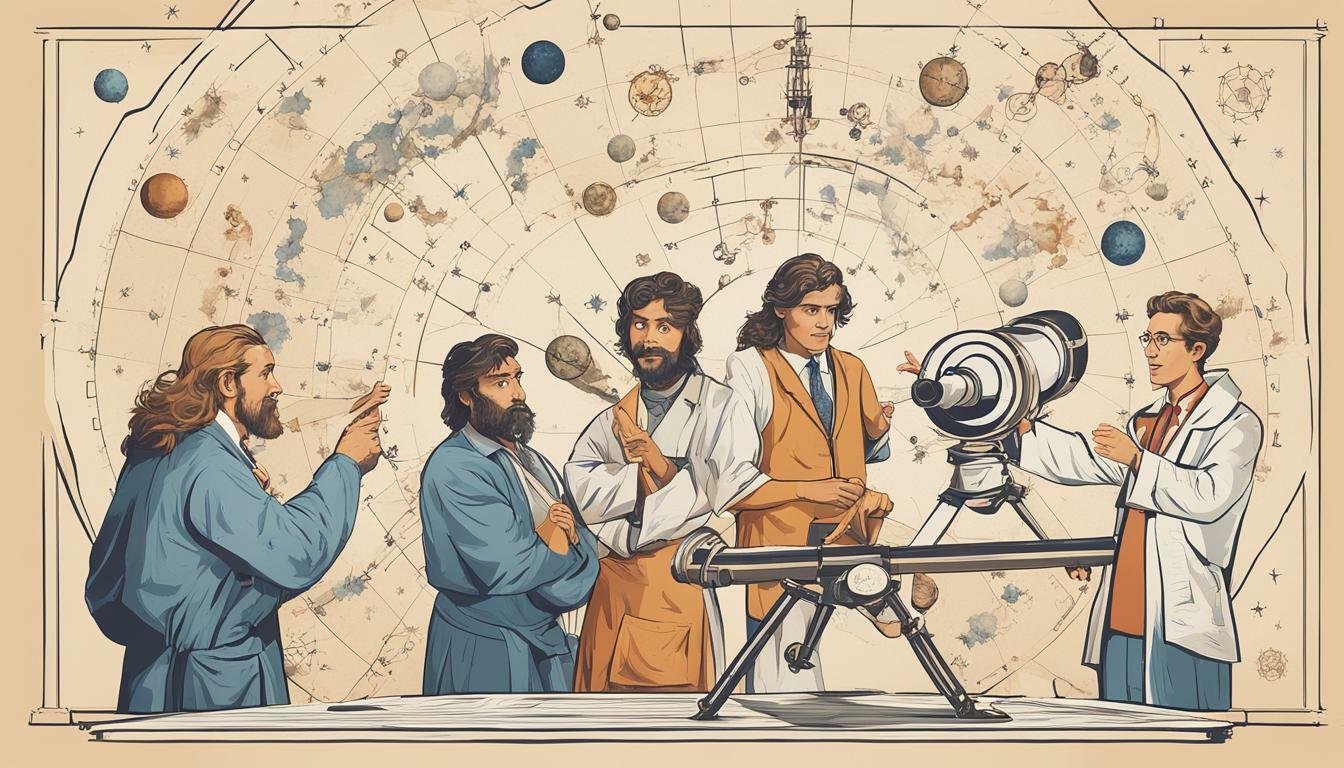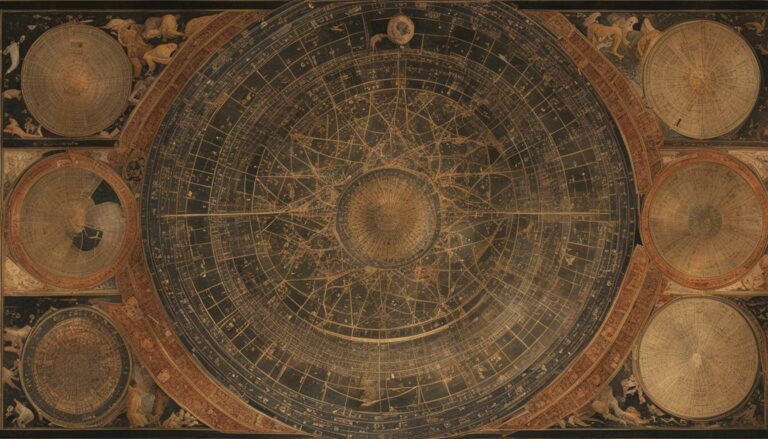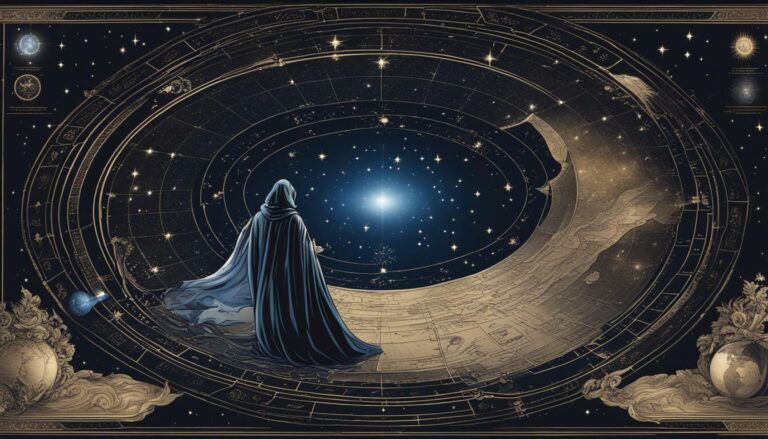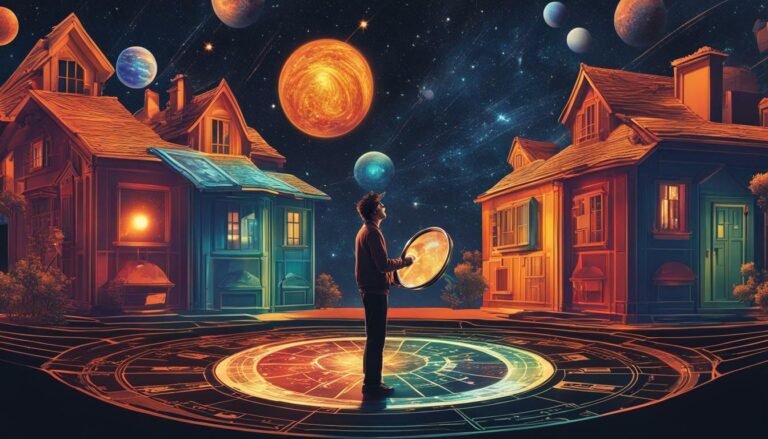Scientists Who Believe in Astrology: Surprising Discoveries
When we think of astrology, we might imagine fortune tellers in a dimly lit room or horoscopes in a magazine. However, you might be surprised to learn that there are scientists who believe in astrology and have made some fascinating discoveries. Despite astrology’s reputation as a pseudoscience, some scientists have found intriguing patterns and correlations between celestial events and human behavior. In this article, we’ll explore the relationship between astrology and scientific research, the acceptance of astrology among scientists, and the surprising discoveries made by those who believe in astrology.
Key Takeaways:
- There are scientists who believe in astrology and have made surprising discoveries.
- Astrology’s relationship with scientific research is complex and often controversial.
- The level of acceptance of astrology among scientists is varied.
Astrology and Academia: Bridging the Gap
Astrology has long struggled for acceptance in academic circles, but efforts to validate it scientifically have been ongoing for decades. Despite the challenges, some scientists have recognized the potential value of astrology and have worked to bridge the gap between this ancient practice and modern scientific research.
The Scientific Validation of Astrology
One of the main challenges astrology faces in gaining credibility among scientists is the lack of scientific validation. However, there have been numerous studies that have explored the relationship between astrology and human behavior, personality, and social patterns.
In fact, a meta-analysis published in the Journal of Social Psychology in 2004 found that there is a small but significant relationship between certain astrological signs and personality traits. The study further suggested that future research in this area could lead to a better understanding of human behavior and motivation.
These findings have been echoed by other researchers, including renowned psychologist Carl Jung, who believed that astrology could provide valuable insights into the unconscious mind and help individuals gain self-awareness and personal growth.
The Ongoing Debate within the Scientific Community
Despite these findings, the scientific community remains divided on the validity of astrology and its place in academia. Some argue that astrology makes unfounded claims and lacks empirical evidence, while others believe that dismissing it outright is shortsighted and limits our understanding of human behavior and the world around us.
One potential reason for this divide is the difficulty in conducting controlled experiments to test astrological claims. Astrology operates on a holistic system and takes into account multiple variables, making it difficult to isolate specific factors for testing.
Despite these challenges, there are scientists who continue to explore the potential value of astrology and its relationship to scientific research. By bridging the gap between ancient wisdom and modern science, it is possible that we could gain a deeper understanding of ourselves and the world we live in.
Astrology in Scientific Circles: Recognized Professionals
While astrology may not be widely accepted in the scientific community, there are a number of respected professionals who openly embrace the practice and recognize its potential value.
One such individual is Carl Jung, the renowned Swiss psychiatrist and psychoanalyst. Jung was known to incorporate astrological concepts into his psychological theories and believed that astrology could offer insights into human behavior.
Another notable figure is Michel Gauquelin, a French psychologist who conducted extensive research on astrological influences. His findings suggested that certain planetary placements at the time of birth could have a significant impact on an individual’s career and personality traits.
More recently, Chandra Wickramasinghe, a British mathematician and astronomer, has expressed support for astrology. Wickramasinghe has argued that the movements of celestial bodies could influence our DNA and ultimately shape our lives.
These individuals, among others, have demonstrated that astrology can exist alongside scientific research and practice, and that it has the potential to offer valuable insights into the human experience.
Astrology and Scientific Consensus: A Shift in Perspective
For many years, astrology has been viewed as a pseudo-science with little to no value in the scientific community. However, in recent years, there has been a growing shift in perspective among scientists in regards to astrology and its potential value in understanding human behavior and societal patterns.
While there is still considerable debate within the scientific community regarding the validity of astrology, more and more scientists are beginning to recognize its potential as a tool for gaining insights into complex systems, such as the stock market or politics.
One of the key factors driving this shift in perspective is a growing body of research that suggests there may be a correlation between planetary positions and human personality traits and behaviors. For example, a study published in the journal Personality and Individual Differences found that individuals born under certain zodiac signs may be more likely to exhibit specific personality traits.
This is not to suggest that astrology is a proven science, but rather that it may hold some potential for further exploration and research. As more scientists embrace this perspective, it is likely that we will see increased efforts to validate astrology scientifically and incorporate it into mainstream scientific research.
Regardless of the ultimate outcome, it is clear that astrology is no longer the taboo subject it once was in scientific circles. While there is still much to be learned about the potential benefits and limitations of astrology, the growing shift in perspective represents an important step forward in the ongoing effort to bridge the gap between astrology and science.
Conclusion
As we’ve seen, the topic of scientists who believe in astrology is complex and multifaceted. Surprising discoveries have been made by individuals who have crossed the bridge between astrology and scientific research, and yet astrology continues to face skepticism and pushback from many in the scientific community.
However, it’s important to acknowledge the presence of astrology within scientific circles and the recognition it has received from respected scientific professionals. This shift in perspective towards accepting astrology as a potential tool for understanding human behavior and societal patterns highlights the potential for further exploration and collaboration between astrology and science.
In conclusion, while the debate surrounding astrology and scientific consensus is ongoing, it’s clear that the conversation is far from over. It’s up to each individual to weigh the evidence and consider the implications of this fascinating intersection between two seemingly disparate fields.
FAQ
Q: Do all scientists believe in astrology?
A: No, not all scientists believe in astrology. However, there are scientists who have embraced astrology and have made surprising discoveries in this field.
Q: What is the relationship between astrology and scientific research?
A: Astrology and scientific research have a complex relationship. While astrology is not traditionally considered a scientific discipline, there have been efforts to validate it scientifically and explore its potential connections to human behavior and societal patterns.
Q: How accepted is astrology among scientists?
A: Astrology’s acceptance among scientists varies. While some scientists dismiss astrology as pseudoscience, others have recognized its potential value and have openly embraced it.
Q: What challenges does astrology face in gaining credibility among scientists?
A: Astrology faces challenges in gaining credibility among scientists due to its historical dismissal as pseudoscience and the lack of consensus within the scientific community regarding its validity.
Q: Are there respected scientific professionals who believe in astrology?
A: Yes, there are respected scientific professionals who believe in astrology. These individuals have made significant contributions to their respective fields and have publicly acknowledged their belief in astrology.
Q: How has the perspective on astrology within the scientific community shifted?
A: There has been a shift in perspective within the scientific community regarding astrology. While it was traditionally dismissed, there is growing acknowledgment of its potential value in understanding human behavior and societal patterns.






